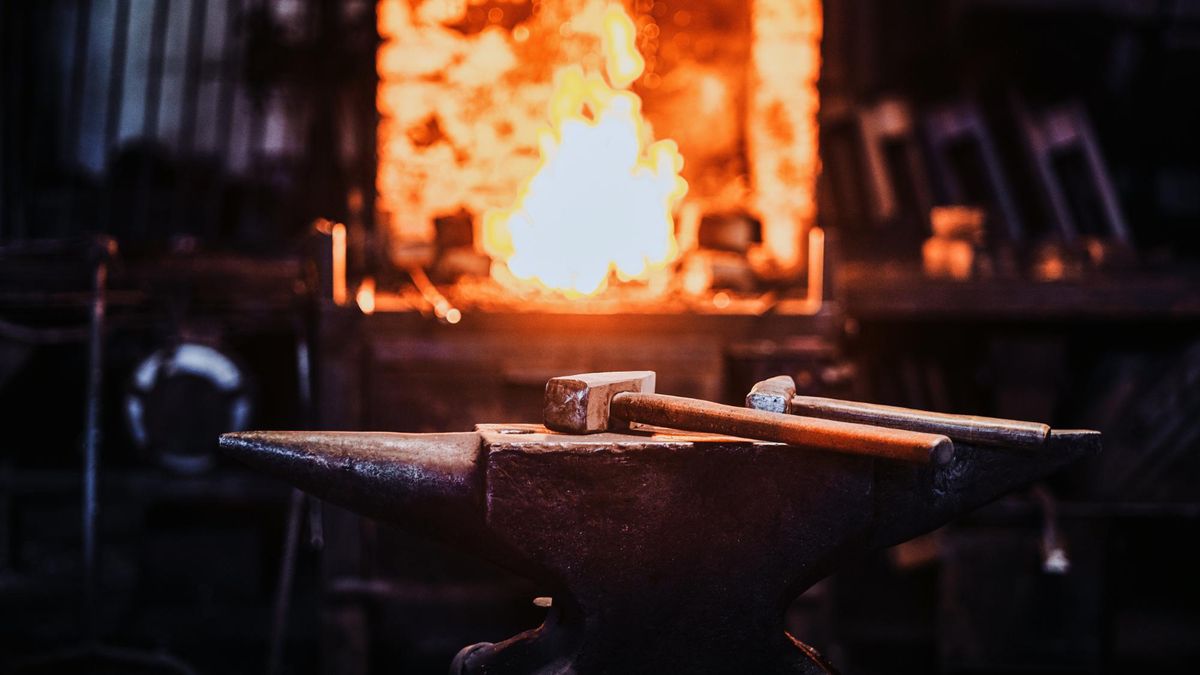The reason for this misery is the change in air pressure at higher altitudes. But even those who prefer to spend the summer on the beach are not immune to such incidents. Researchers have discovered that bad weather can also affect the boiling of water – and thus tea, eggs and spaghetti.
The boiling point is important when preparing these foods. It is usually said that water boils at 100 degrees, which means that it changes from a liquid to a gaseous state. But this rule only applies under normal conditions at sea level, at 1013.25 hectopascals. In the mountains, the water begins to boil more quickly – all other conditions being equal – at temperatures below 100 degrees. The rule of thumb is that the boiling point drops by one degree for every 300 meters of altitude.
Water boiled at less than 98 degrees
Low pressure areas also cause changes in air pressure. When the storm “Ciarán” swept across Great Britain in November 2023, Caleb Miller from the University of Reading’s Department of Meteorology quickly got out his measuring equipment. He and his colleagues were able to establish a direct connection between the low pressure on the morning of November 2 and the boiling temperature. In some cases, only 953.6 hectopascals were measured – and the water boiled at less than 98 degrees.
As the researchers describe in their study in the journal “Weather,” this may have meant that millions of Britons were unable to make their tea properly. “This is because tea is very sensitive to the temperature of the boiling water used to prepare it, which is linked to the effectiveness of extracting tannins from the tea.” 98 to 100 degrees is recommended for black tea. So many people’s breakfast tea that day was probably a little weak.
Wait longer than usual
“Like many Brits, I need my morning cup of tea,” said lead author Giles Harrison. “While I know that the boiling point of water depends on atmospheric pressure, I didn’t expect a storm to push the temperature of boiling water outside the recommended range for making good tea.”
Anyone wanting to cook an egg for breakfast in the south of Great Britain at that time also had to wait a few seconds longer than usual. This is because the cooking time depends on the temperature. If the pressure is lower, the water evaporates at less than 100 degrees without getting any hotter. At such a reduced cooking temperature, it takes longer for the egg to set. Pasta also takes longer.
By the way: On the highest mountain in the world, Mount Everest, you can no longer boil an egg, as geophysicist Roland Pail from the Technical University of Munich explains. “The yolk still sets, but the egg white only coagulates at 84 degrees.” This temperature is no longer reached up there – unless you lug a pressure cooker up there. And the effects are also relevant in a mountain hut in the Alps: “A normal Easter egg takes nine and a half minutes at sea level, but a little more than ten minutes at a thousand meters.”
My themes
For your bookmarked topics
new articles found.
info By clicking on the icon you add the keyword to your topics.
info
By clicking on the icon you open your “my topics” page. You have of 15 keywords saved and would have to remove keywords.
info By clicking on the icon you remove the keyword from your topics.
Add the topic to your topics.
Source: Nachrichten




